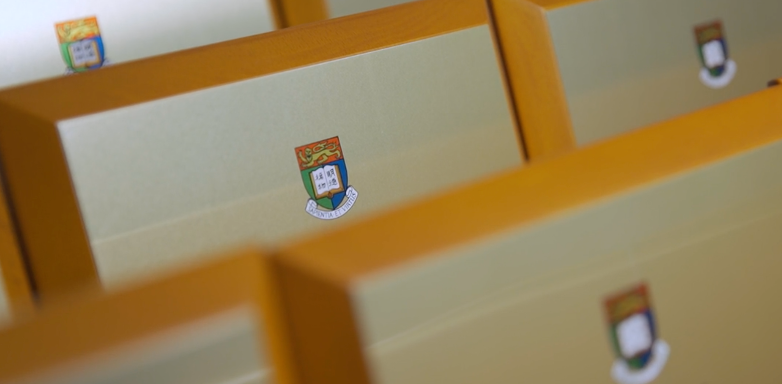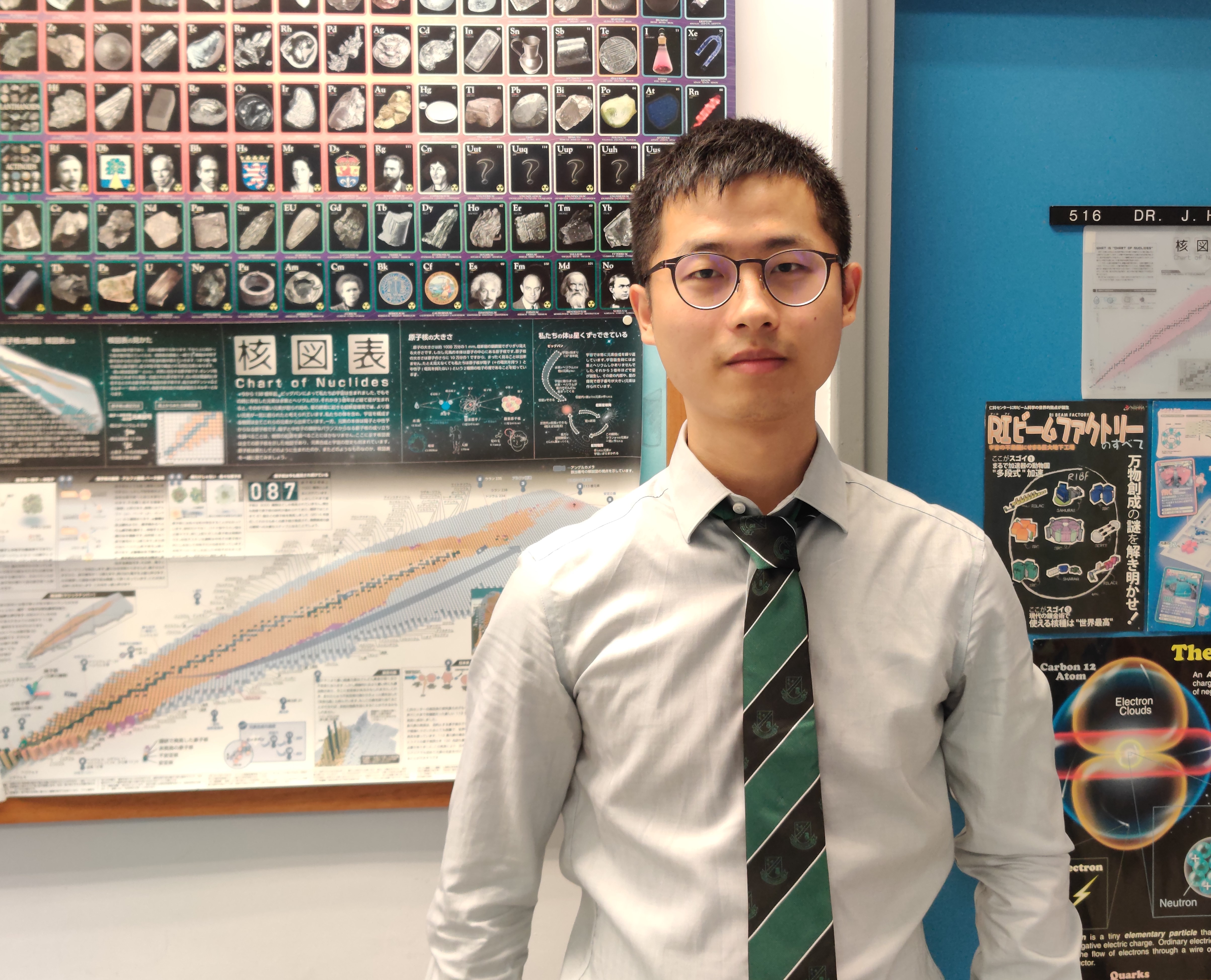

{{'Newsletter' | t}}
Striking Closer in the Search for Quantum Materials through Better Measurement of Quantum Entanglement

|
Quantum materials play a vital role in propelling human advancement. The search for more novel quantum materials with exceptional properties has been pressing among the science and technology community.
In the research of novel quantum states, e.g. superconductivity that is not affected by electronic resistance, experiments testing when and how atoms and subatomic particles of different substances interact with each other through entanglement in a quantum state are costly and difficult to execute. The investigation is further complicated when the classical LGW (Landau, Ginzburg, Wilson) framework fails to describe certain quantum phase transitions, namely deconfined quantum critical points (DQCP).
A research team from the Department of Physics – comprising PhD student Jiarui Zhao, Dr. Zheng Yan, and Dr. Zi Yang Meng – has developed a new and more efficient quantum algorithm of the Monte Carlo techniques adopted by scientists to measure the Renyi entanglement entropy of objects. With this new tool, they measured the Renyi entanglement entropy at the DQCP and found that the scaling behaviour of the entropy, i.e. how the entropy changes with the system sizes, differs greatly from the description of conventional LGW types of phase transitions.
This discovery, which has recently been published in Physical Review Letters, one of the most prestigious journals in physics, will lead to a more general characterisation of the critical behaviour of novel quantum materials, and is a move closer towards actualisation of the application of quantum materials.
(This article is adapted from https://www.hku.hk/press/news_detail_24042.html)
